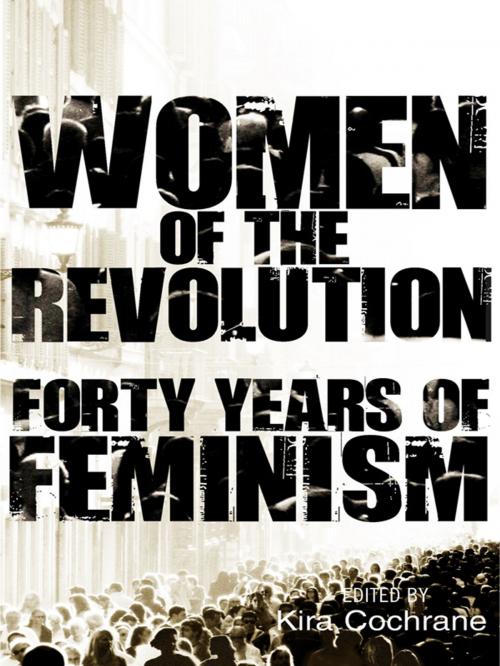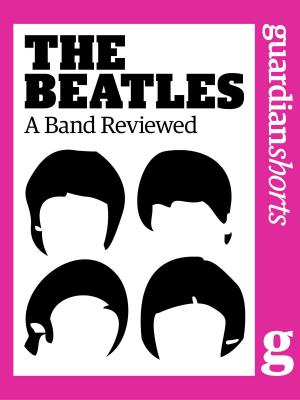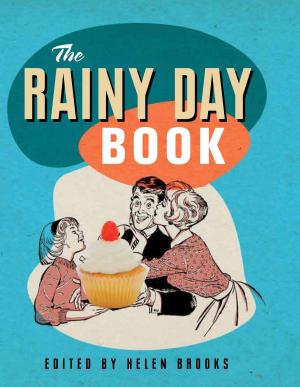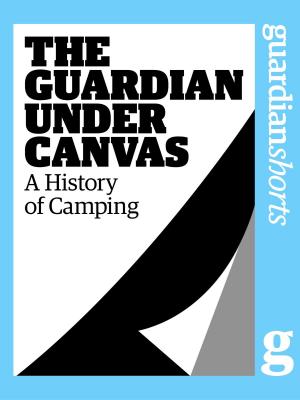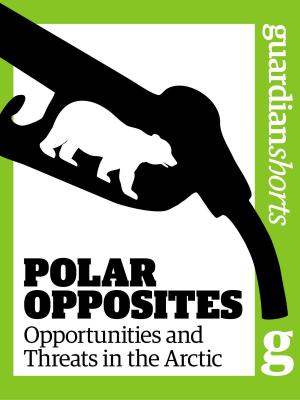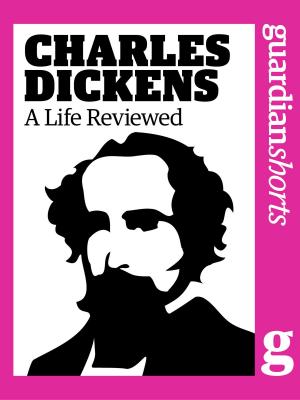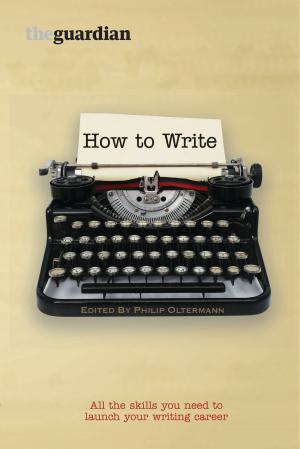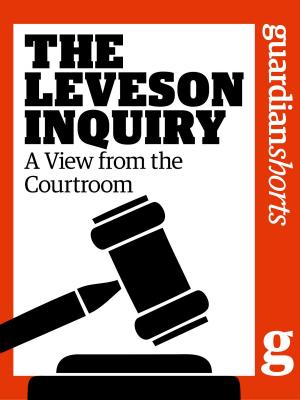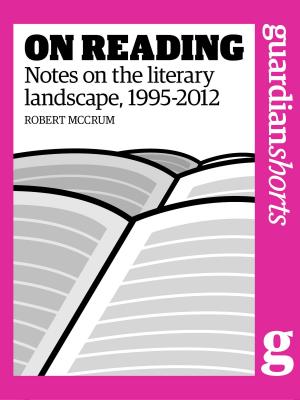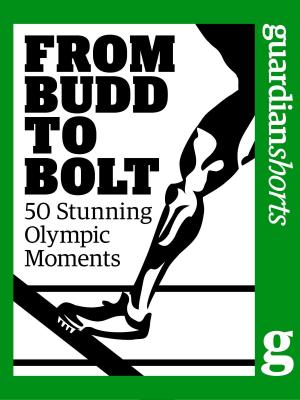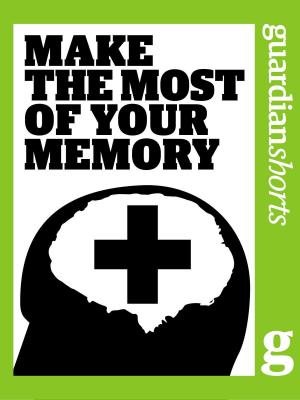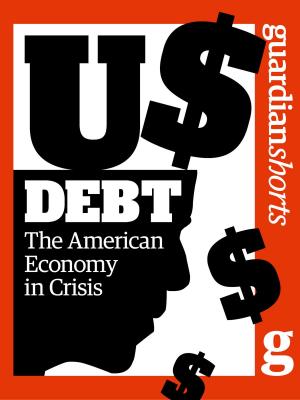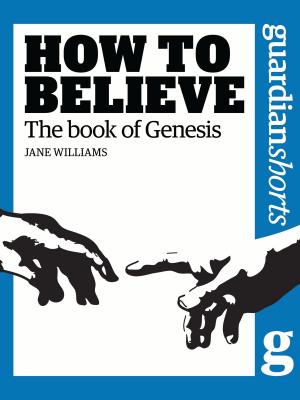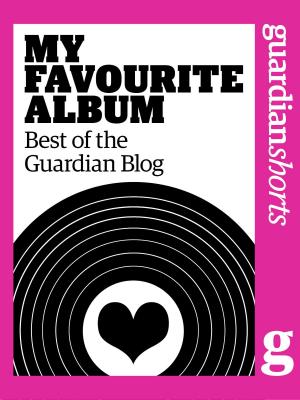Women of the Revolution: Forty years of feminism
Nonfiction, Social & Cultural Studies, Social Science, Gender Studies, Feminism & Feminist Theory, Religion & Spirituality, Philosophy, Political| Author: | Kira Cochrane | ISBN: | 9780852652626 |
| Publisher: | Guardian Books | Publication: | March 1, 2012 |
| Imprint: | Language: | English |
| Author: | Kira Cochrane |
| ISBN: | 9780852652626 |
| Publisher: | Guardian Books |
| Publication: | March 1, 2012 |
| Imprint: | |
| Language: | English |
When hundreds gathered in 1970 for the UK's first women's liberation conference, a movement that had been gathering strength for years burst into a frenzy of radical action that was to transform the way we think, act and live. In the 40 years since then, the feminist movement has won triumphs and endured trials, but it has never weakened its resolve, nor for a moment been dull. The Guardian has followed its progress throughout, carrying interviews with and articles by the major figures, chronicling with verve, wit and often passionate anger the arguments surrounding pornography, prostitution, political representation, power, pay, parental rights, abortion rights, domestic chores and domestic violence. These are articles that, in essence, ask two fundamental questions: Who are we? Who should we be?This collection brings together - for the first time - the very best of the Guardian's feminist writing. It includes the newspaper's pioneering women's editor, Mary Stott, writing about Margaret Thatcher, Beatrix Campbell on Princess Diana, Suzanne Moore interviewing Camille Paglia, and Maya Jaggi interviewing Oprah Winfrey; there's Jill Tweedie on why feminists need to be vocal and angry, Polly Toynbee on violence against women, Hannah Pool on black women and political power, and Andrea Dworkin writing with incendiary energy about the Bill Clinton sex scandal.Lively, provocative, thoughtful and funny, this is the essential guide to the feminist thinking and writing of the past 40 years - the ultimate portrait of an ongoing revolution.
When hundreds gathered in 1970 for the UK's first women's liberation conference, a movement that had been gathering strength for years burst into a frenzy of radical action that was to transform the way we think, act and live. In the 40 years since then, the feminist movement has won triumphs and endured trials, but it has never weakened its resolve, nor for a moment been dull. The Guardian has followed its progress throughout, carrying interviews with and articles by the major figures, chronicling with verve, wit and often passionate anger the arguments surrounding pornography, prostitution, political representation, power, pay, parental rights, abortion rights, domestic chores and domestic violence. These are articles that, in essence, ask two fundamental questions: Who are we? Who should we be?This collection brings together - for the first time - the very best of the Guardian's feminist writing. It includes the newspaper's pioneering women's editor, Mary Stott, writing about Margaret Thatcher, Beatrix Campbell on Princess Diana, Suzanne Moore interviewing Camille Paglia, and Maya Jaggi interviewing Oprah Winfrey; there's Jill Tweedie on why feminists need to be vocal and angry, Polly Toynbee on violence against women, Hannah Pool on black women and political power, and Andrea Dworkin writing with incendiary energy about the Bill Clinton sex scandal.Lively, provocative, thoughtful and funny, this is the essential guide to the feminist thinking and writing of the past 40 years - the ultimate portrait of an ongoing revolution.
